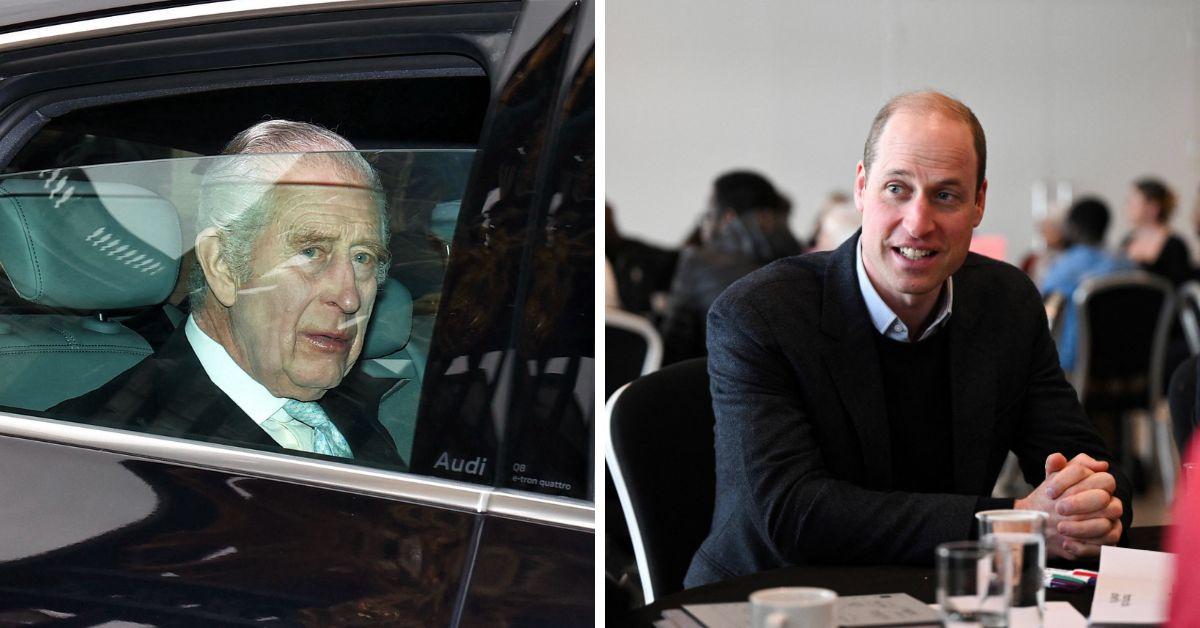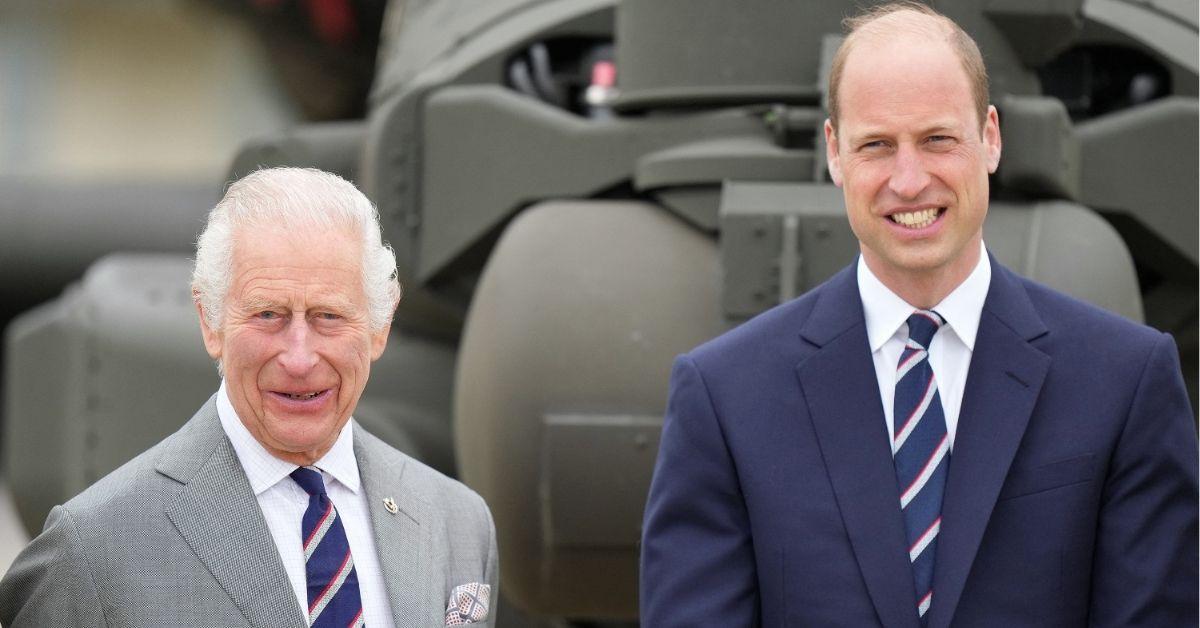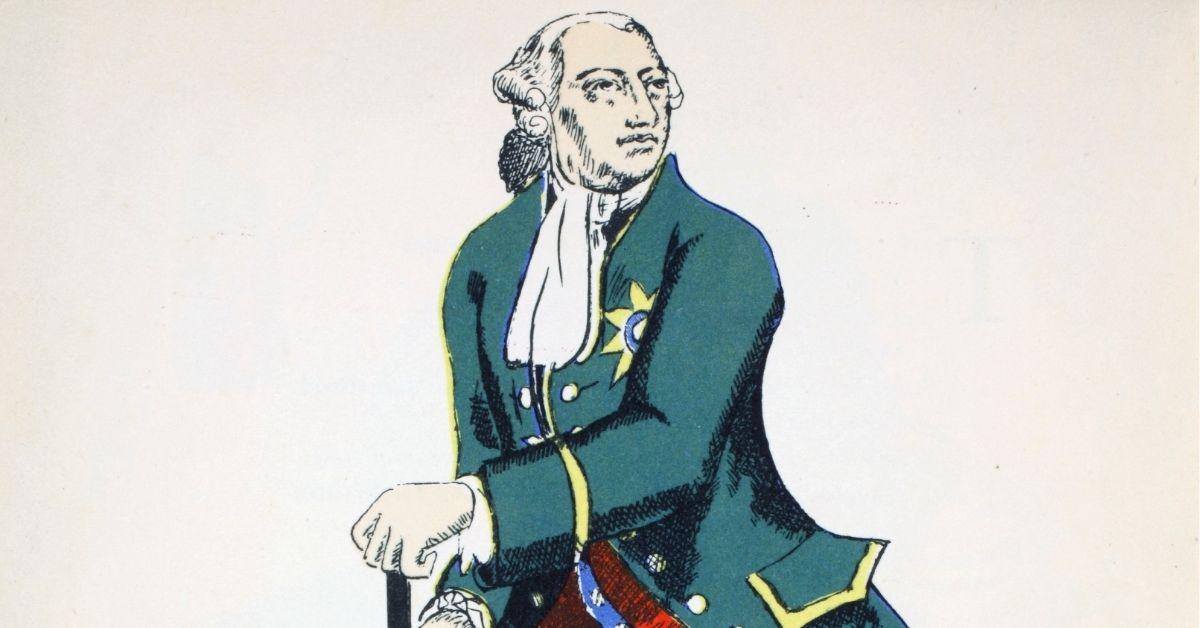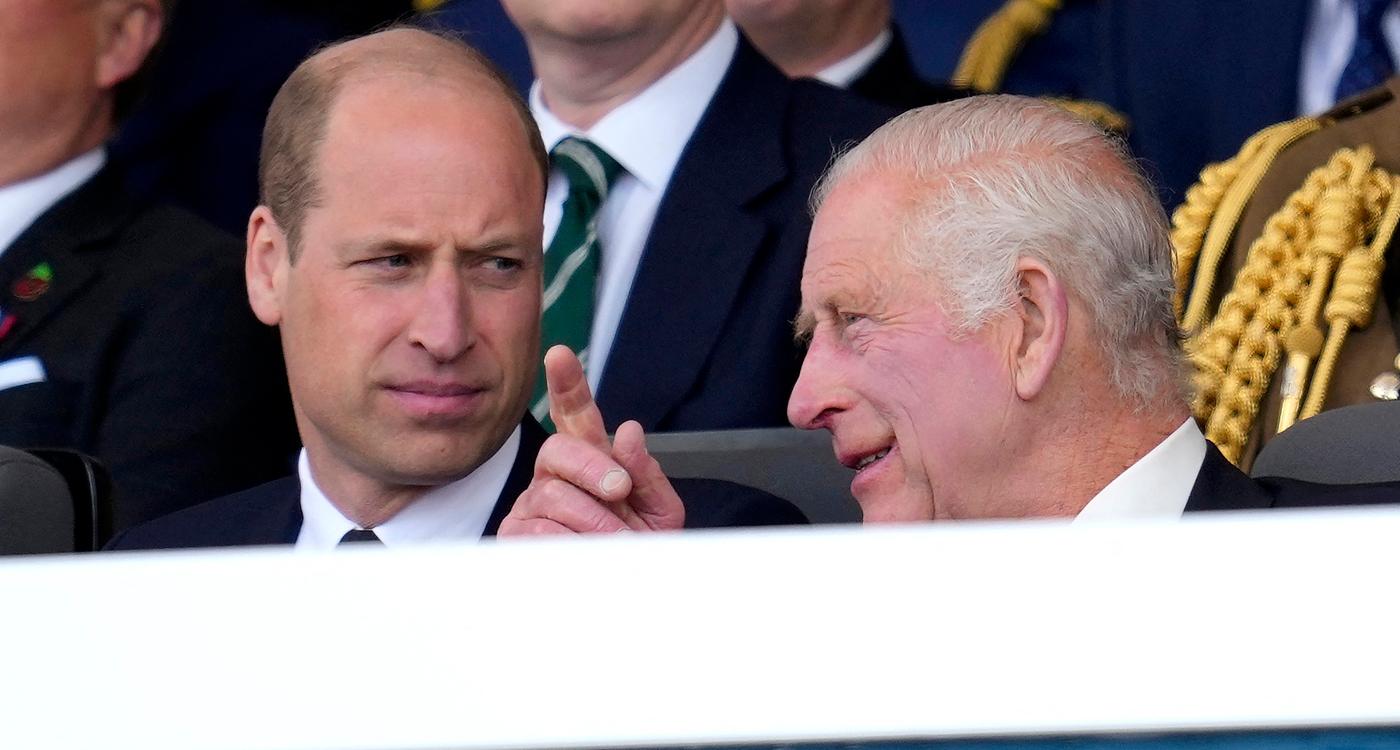 ROYAL FAMILY NEWS
ROYAL FAMILY NEWSA Job for Life: King Charles 'Will Not Abdicate' Throne for Prince William Even With 'Grueling' Cancer Treatment Wearing Him Down

King Charles III will remain monarch until his death.
Oct. 26 2024, Published 2:00 p.m. ET
The British monarch reigns in their role for all of their life, and King Charles III reportedly "will not abdicate" for a "King William" even with his cancer battle turning "grueling."
"That's just not in his psyche," royal expert Charles Rae said of the King's commitment to serve for life. "The monarchy exists and when he passes on, then William will become King."

Prince William will become King William V when King Charles III dies. His namesake predecessor will be King William IV, who reigned from 1830 to 1837.
"That's the way it is," he added. "He's not going to give it all up and sit in some retirement home somewhere. That's just not going to happen at all. Never."
The revelation first picked up steam as one of numerous new insights about the monarch's reign in Robert Hardman's book, Charles III: New King. New Court. The Inside Story. The writer shared how some media outlets point to William as the "change-maker" monarch-to-be, whereas Charles III has been a radically different sovereign when compared to his mother, Queen Elizabeth II.
"People keep talking about 'he's a caretaker,' and I don't see that at all, knowing we'll see quite a few changes," Queen Camilla's sister, Annabel Elliot, told the scribe.
The talk of resignation is fueled in part by Charles' age, 75, when combined with the cancer treatments, as well as the "shock" abdication of Denmark's Queen Margrethe II in favor of her heir, the former Crown Prince Frederik, in January. The Danish monarch reigned for 52 years and was on record in the past vowing to never step down and to "die in office as it's meant to be done" in a monarchy.

King Charles III is not expected to break the monarchy's rule of lifetime service.
Rae touched upon His Majesty's age and disease in relation to his current 11-day tours of Australia and Samoa.
The King was also filmed looking "tired" at an event in Samoa, which led Rae to further observe, "There was one stage where I saw the King and Queen sitting on those armchairs, and Camilla lifted her fan up to speak to the King, and I just thought he looked a little bit tired. It's been a grueling eleven days, and some of those days he was doing ten functions a day. So I think he'll be glad to get back home, and glad to restart this cancer treatment."
Want OK! each day? Sign up here!

If King Charles III becomes 'totally incapacitated,' a Regency could be enacted as last done for King George III in 1811.
In the British monarchy, abdication is not practiced because a "Regency" is in place in case a reigning monarch becomes "totally incapacitated." This occurred only once in the Crown's history when King George III lost his mind in 1811, leading his heir, George, Prince of Wales, to become the Prince Regent.
The regent reigns in all but name and status, fulfilling all the monarch's duties until their death, which then makes the regent the sovereign.
"The monarch reigns for life here, no matter how you slice it," a former royal courtier revealed. "It's been like this since time immemorial, and we have only one voluntary abdication in 1,200 years."
King Edward VIII resigned in 1936 to become the Duke of Windsor.

Prince William and Kate Middleton are aware that King Charles isn't 'getting any younger' amid his cancer battle.
Powered by RedCircle
GBN interviewed Rae.

